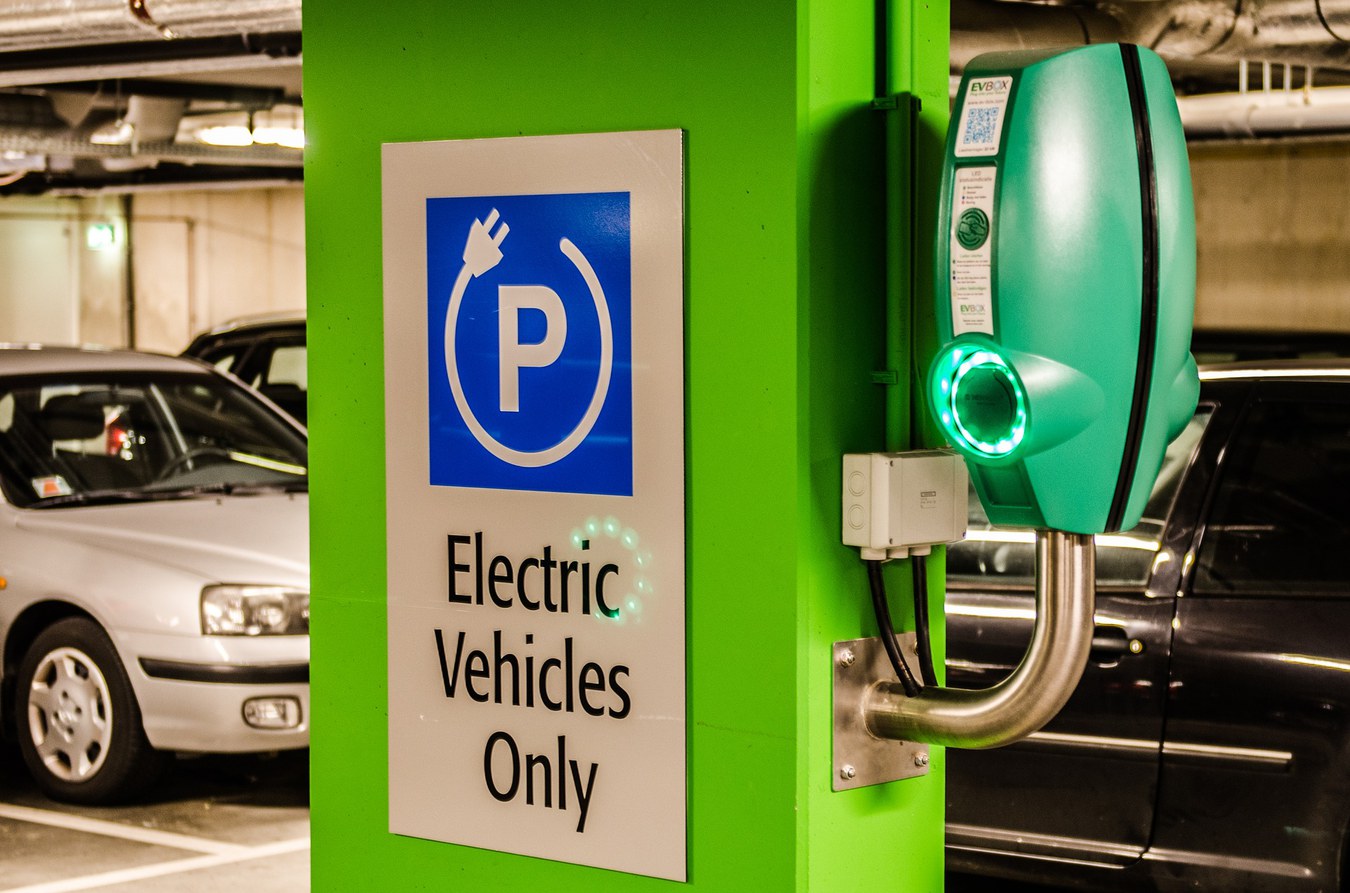All CARICOM countries depend heavily on fossil fuels to supply their energy demand, with all except one being net importers of fossil fuels. Such heavy dependency has several economic implications including: vulnerability to global oil price fluctuations and oil supply availability, significant expenditure on imported energy, and high costs of doing business. The transportation sector is typically one of largest consumers of imported energy, but diversification in this sector has been hampered by a lack of economically viable substitutes for conventional fossil fuel-based technology. Electric vehicle technology is however decreasing in cost and is expected to be cost-competitiveness with gasoline cars in 2025. Electric vehicles, coupled with renewable energy as the source of electricity, offers the potential to significantly reduce fossil fuel dependence and associated negative impacts.
Leap’s co-founder, Suzanne Shaw, conducted an assessment for St. Vincent and the Grenadines on the economic impact of a transition to electric vehicles, in particular coupled with a highly renewable energy-based electricity sector. The analysis examined the case for a push towards 100% of new motor car purchases being electric vehicles by 2020, sustained through to 2040, compared to a continuation of the status quo of gasoline and diesel cars. Her analysis showed that early adoption of electric vehicles in the private motor car sector alone, in its current fossil-fuel based grid, could achieve US$6.5 million cumulative foreign exchange savings for St. Vincent and the Grenadines between now and 2040. Further, if electric vehicles were to be coupled with increased renewable-based electricity, cumulative foreign exchange savings increase from US$6.5 million to US$10 million. Electric vehicle adoption will also result in a lower total cost of ownership for car owners, and thus greater disposable income. For the case of St. Vincent and the Grenadines cumulative savings from early electric vehicles adoption amount to US$20 million; such savings would improve the spending power of households and produce an equivalent benefit of US$20 million to the economy. Moreover, electric vehicle adoption would cut greenhouse gas emissions from the transportation sector to roughly a quarter of what it is currently by 2025. There are thus clear economic and environmental benefits from early adoption of electric vehicles in St. Vincent and the Grenadines. By extension, a similar case can be made for a majority of Caribbean islands, facing high fossil fuel prices, expanding renewable energy-based electricity generation, and relatively short travel distances suited to current electric vehicles’ range.
However, achieving an early transition towards electric vehicles requires raising awareness amongst the general population, and implementation of financial incentives to allow early purchasers to overcome the higher upfront purchase price of electric vehicles, at least in the short term until they become price competitive. This can be achieved through reductions in excise taxes. Reduction in excise taxes to encourage electric vehicles adoption in St. Vincent and the Grenadines, until they become cost-competitive, would cost the government approximately US$16 million. This cost is largely outweighed by the US$20 million benefit to the economy as a result of early electric vehicle adoption. Should the government seek to raise funds for the incentive programme, introduction of a modest visitor tax of US$9 per visitor entry (or exit) to St. Vincent and the Grenadines would be enough to fund the programme.
Adoption of electric vehicles in the Caribbean should however be accompanied by clear assessment of, and measures to deal with, the environmental impacts of electric vehicles, such as the disposal of electric vehicle batteries at the end of their useful life. Moreover, Caribbean governments should encourage utilities to employ time-of-use electricity rates to encourage charging of electric vehicles during off-peak periods so as not to pose further burden on already strained electricity grids. Further work is also needed in several Caribbean countries to clarify the taxation regime as it relates to road and other taxes for EVs, as the current framework currently does not cover the case of EVs.


